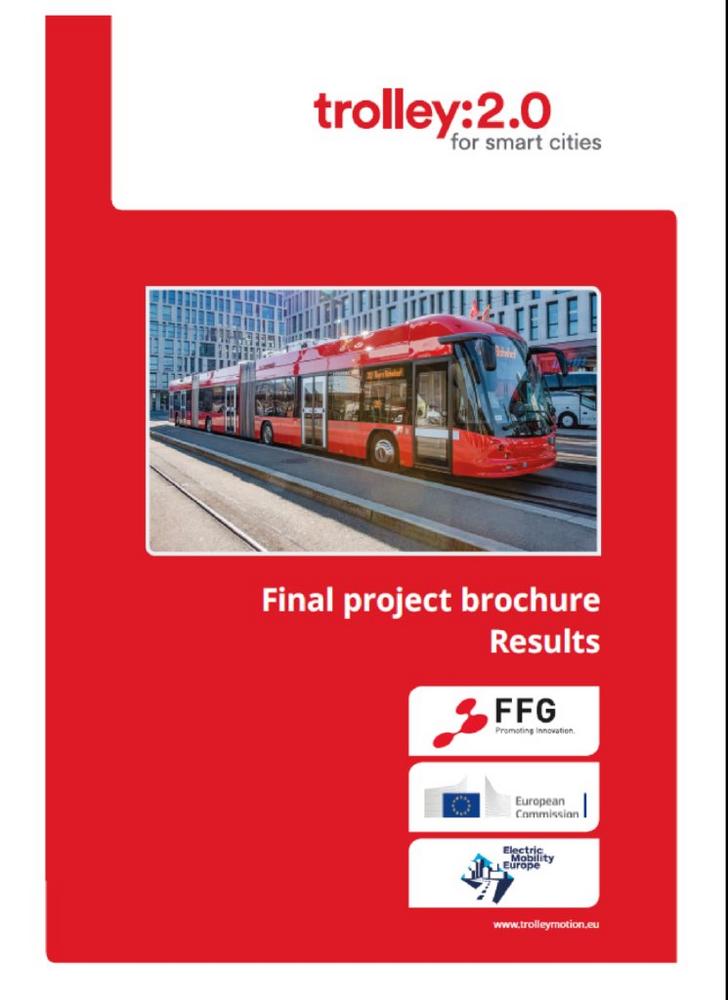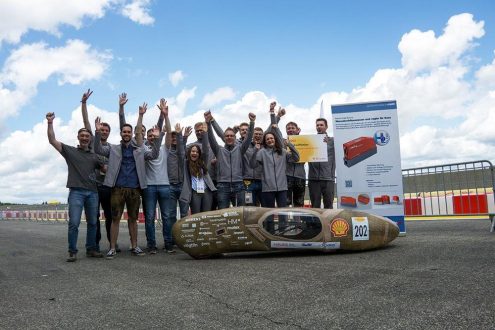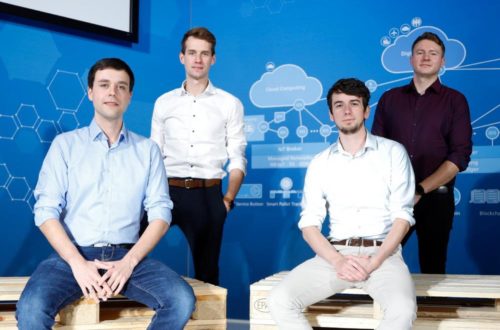
emission-free public transport in cities possible
Yet the challenges in this crisis can become an opportunity! The public sector has shown that it is able to maintain its services as a reliable and inclusive means of sustainable transport. And in order to achieve the climate protection targets of the Paris Agreement and the EU by 2030 and 2050 respectively, public transport needs to be an even stronger backbone for sustainable mobility systems in our cities and regions. Government authorities and mobility planners in our cities must stick to their long-term goals for the development of sustainable mobility systems and further strengthen the positive developments during the crisis, e.g. the increasing use of bicycles, and supplement them with a modern public sustainable transport system.
With the upcoming decade to 2030, the ambitious goals of the Green Deal and the implementation of the Clean Vehicle Directive are providing important push factors from the European Commission for us. And we are glad that the trolleybus will be part of this movement. As trolleybuses are considered as a clean vehicle or even zero-emission vehicle, if equipped with a battery and thus capable of in-motion charging.
To this end, we worked together with our project partners over the last three years in the trolley:2.0 project developing solutions for energy-efficient and smart trolleybus systems. We proved that modern trolleybus systems can build such a strong backbone, needed for zero-emission public transport systems in European cities: Including concepts of in-motion-charging, as a central element of a smart and sustainable trolley network, and innovative solutions for shared and multipurpose charging infrastructure, lightweight-constructions of a new midi-trolleybus type, automated wiring technology, concepts for the integration of renewable energy sources and tools for advanced cost-benefit-analysis.
With this final results’ brochure, we summarise our research and demonstrations’ outcomes and provide lessons learned made during the project lifetime.
Eine moderne Stadtentwicklung und die Sicherung der städtischen Mobilität sind heute zwei wichtige Herausforderungen, um die Lebensqualität im urbanen Raum nachhaltig zu erhalten. Intelligente und moderne öffentliche Verkehrssysteme gewährleisten das fundamentale Recht auf Mobilität bei gleichzeitiger Minimierung negativer Umwelteinflüsse wie Schadstoffe, Lärm oder den Verbrauch von städtischen Lebensräumen.
Das Trolleybus-System ist eine erprobte und zukunftsfähige elektrische Antriebstechnologie zur Bewältigung dieser Herausforderungen. Es bietet dieselben Vorteile für die Stadtentwicklung wie die an Schienen gebundenen Systeme U-Bahn und Straßenbahn, kann jedoch deutlich rascher und flexibler auf das Wachstum von Städten reagieren.
trolley:motion wurde 2004 gegründet und ist seit 2007 als gemeinnütziger Verein eingetragen, der sich international für die Erhaltung, den Auf- und Ausbau von elektrischen Stadtbus-Systemen sowie für die Weiterentwicklung des Trolleybus-Systems engagiert.
trolley:motion: unsere Hauptaufgaben
– Information und Aufklärung über zukunftsfähige städtische Mobilitätslösungen, insbesondere Trolleybus- Systeme (Website, Fachwiki, …)
– Organisation internationaler Fachkonferenzen: Zürich 2008, Luzern 2010, Leipzig, 2012, Hamburg 2014 und Berlin 2016
– Mitarbeit in (EU-)Forschungsprojekten (u. a. ACTUATE, ELIPTIC, TROLLEY, trolley:2.0) und die Koordination von Experten
– Erfahrungsaustausch und Vernetzung von Städten und Unternehmen
– Wissenstransfer zwischen Entscheidungsträgern, Mitarbeiter von Verkehrsbetrieben und Interessierte
– Öffentlichkeits- und Lobbyingarbeit für den Trolleybus
trolley:motion, Verein z. Förderung von modernen E-Bus-Systemen
Ladaustraße 73
A5321 Koppl
Telefon: +43 (664) 4141866
http://www.trolleymotion.eu
Präsident
E-Mail: backhaus@trolleymotion.eu
Presse, Marketing
Telefon: +43 (664) 4141866
E-Mail: scharzenberger@trolleymotion.eu
![]()




